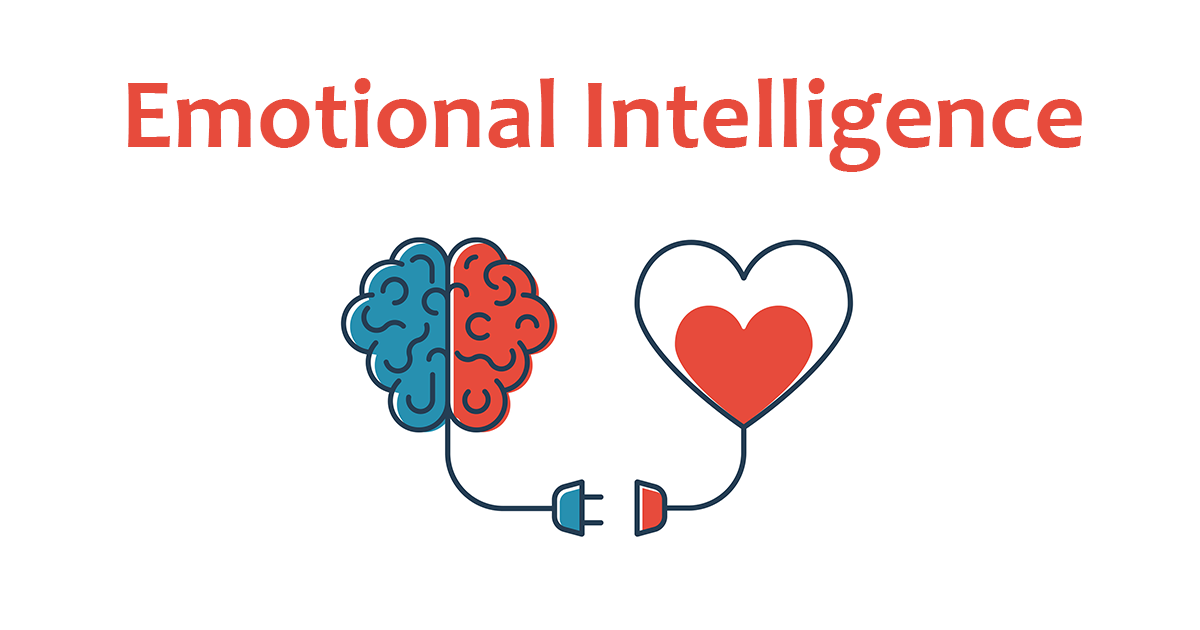In the corporate world, intelligence has long been associated with success. However, research and real-world examples show that emotional intelligence (EQ) often predicts effective leadership more than traditional intelligence (IQ). Leaders who excel in EQ can build strong relationships, inspire teams, and navigate challenges with empathy and resilience. As businesses evolve, understanding and managing emotions is becoming a crucial leadership skill.
What Is Emotional Intelligence?
Emotional intelligence, or EQ, is the ability to recognize, understand, and regulate your emotions and those of others. Psychologist Daniel Goleman, who popularized the concept, identified five key components of EQ:
Self-awareness – Recognizing and understanding your emotions and how they affect others.
Self-regulation – Managing emotions, staying calm under pressure, and adapting to changing circumstances.
Motivation – Having internal drive and resilience to achieve goals.
Empathy – Understanding and considering the emotions of others.
Social skills – Building strong relationships, communicating effectively, and resolving conflicts.
Why EQ Matters More Than IQ in Leadership
While intelligence and technical skills are essential, studies show that EQ is a stronger predictor of leadership success. Here’s why:
1. Stronger Team Relationships
Leaders with high EQ create an environment of trust and respect. By understanding their team’s emotions, they can offer support, resolve conflicts, and foster collaboration. Employees feel valued and are more likely to be engaged and productive.
2. Better Decision-Making
Emotional intelligence helps leaders make thoughtful, unbiased decisions. Instead of reacting impulsively, they consider different perspectives, analyze the emotions involved, and choose the best action.
3. Effective Communication
A leader with high EQ can listen actively and express ideas clearly. They can read nonverbal cues, understand their audience, and adjust their communication style accordingly. This is especially useful in motivating teams and handling difficult conversations.
4. Conflict Resolution and Crisis Management
Workplace conflicts are inevitable, but leaders with strong EQ can manage disputes calmly and reasonably. They de-escalate tensions, mediate disagreements, and find solutions benefiting all parties. During crises, emotionally intelligent leaders remain composed, providing stability and reassurance to their teams.
5. Inspiring and Motivating Teams
Great leaders don’t just give orders—they inspire. By understanding what drives and motivates their employees, they can create a vision that energizes and unites the team. A leader’s emotional state often influences the workplace, making EQ essential for fostering a positive and motivated workforce.
Developing Emotional Intelligence as a Leader
EQ is not an inborn trait; it can be developed with practice. Here’s how leaders can strengthen their emotional intelligence:
Practice self-reflection – Regularly assess your emotions and reactions to situations.
Improve active listening – Focus on understanding others before responding.
Develop empathy – Put yourself in others’ shoes and acknowledge their emotions.
Manage stress effectively – Learn techniques like mindfulness and deep breathing to stay calm under pressure.
Seek feedback – Ask for input from peers and employees to identify areas for improvement.
Conclusion
In today’s fast-paced business world, emotional intelligence is a game-changer. Leaders prioritizing EQ build stronger teams, make better decisions, and create a positive work culture. While IQ may open doors, it is EQ that determines lasting success. As leadership evolves, those who master emotional intelligence will be the most effective and inspiring leaders.

